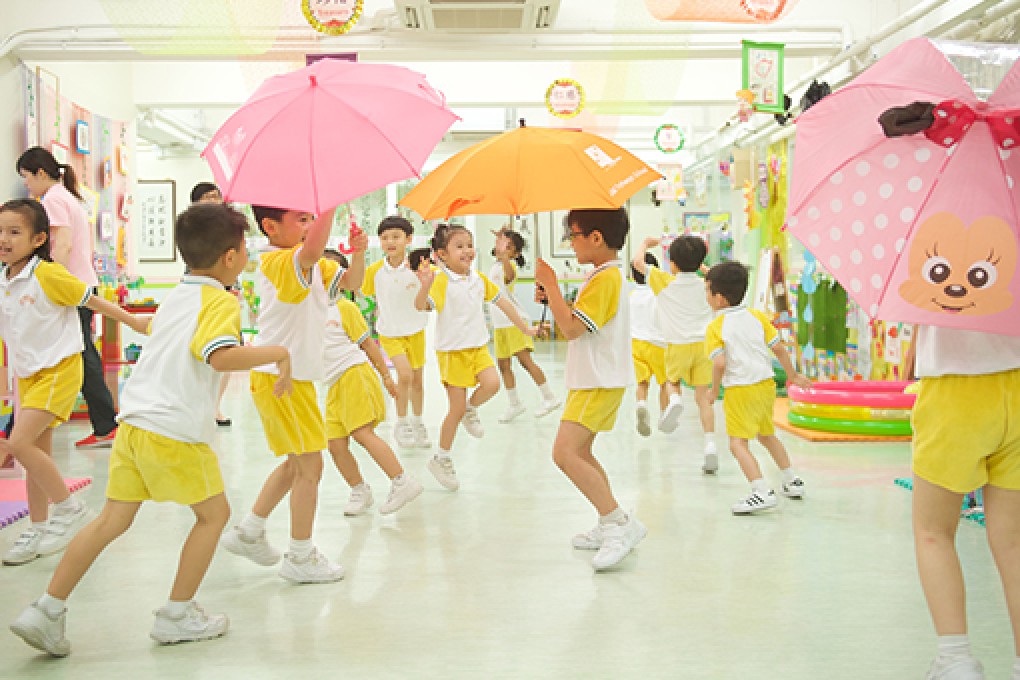The real "Chinese" kindergarten - Catiline
For parents who want their children to learn the fundamental values of Chinese culture, while also developing an international outlook, Catiline Kindergarten is a great option.
Stating its mission as...

For parents who want their children to learn the fundamental values of Chinese culture, while also developing an international outlook, Catiline Kindergarten is a great option.
Stating its mission as a “quest for character-based excellence”, the 28-year-old institution currently runs five schools and kindergartens teaching a total of close to 1,300 pupils.

“First and foremost, the essence of education should be character building, the inculcation of traditional virtues and fundamental values,” says K.H. Wun, director of Catiline Kindergarten and International Preschool. “Nowadays, some educators get side-tracked,”
For that reason, the curriculum is based on the Confucian principle of the Six Skills. These include character and etiquette, fine arts, physical training, the use of tools and technology, literature and mathematics.